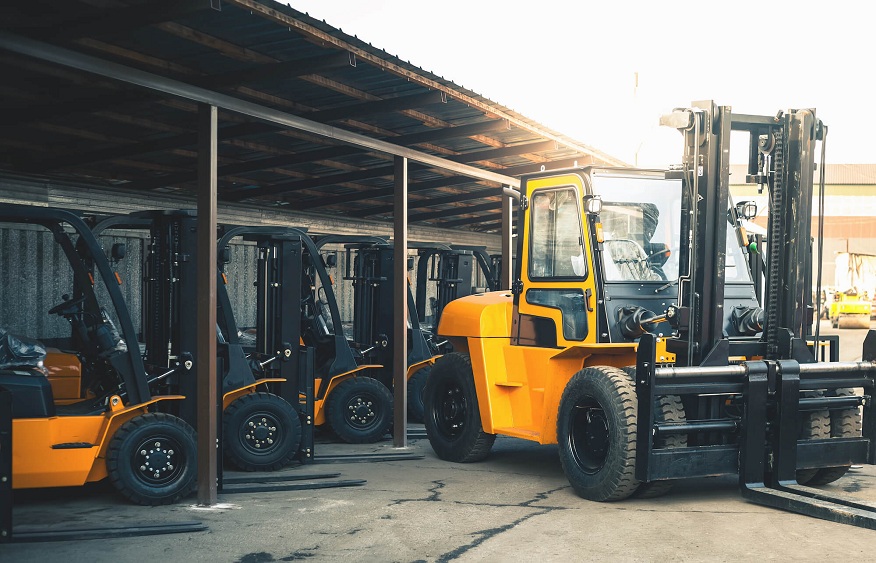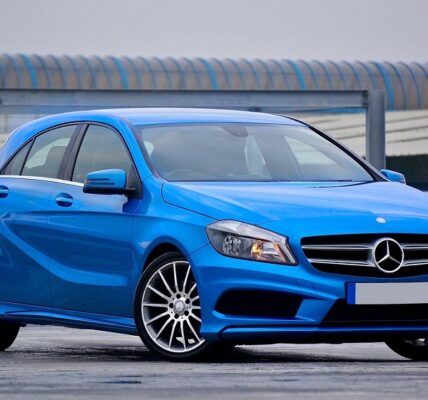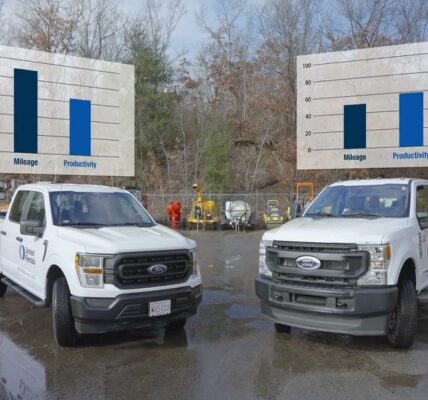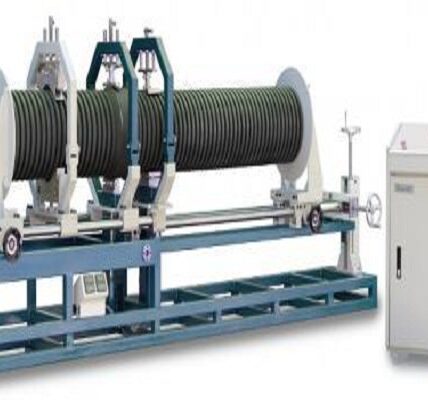The subject of energy is taking an increasingly important place in the world of intralogistics, and more generally, in all international debates concerning the environment. Indeed, within the framework of the Paris Agreement signed by France and the law relating to energy and climate, the government has announced numerous objectives and measures to combat climate change, in particular the objective carbon neutrality by 2050. To achieve this, increasingly strict legislation and regulations are imposed: limits on carbon dioxide emissions, non-road diesel (GNR) increasingly taxed, while tax advantages drop to to their total abolition by 2023, etc. Moreover, consumers are increasingly sensitive to the climate neutrality of the services and products offered by companies. They therefore ensure that their supply chains meet sustainability requirements. So, should you stay with thermal trucks or go electric and choose the optimal battery technology for your needs? You will know everything about the energy to choose for more efficiency, profitability, but also sustainability! Fill up on energy through this article, and fill up on knowledge, in order to select THE best energy system for your trucks and applications. Should you stay with thermal trucks or go electric and choose the optimal battery technology for your needs? You will know everything about the energy to choose for more efficiency, profitability, but also sustainability! Fill up on energy through this article, and fill up on knowledge, in order to select THE best energy system for your trucks and applications. Should you stay with thermal trucks or go electric and choose the optimal battery technology for your needs? You will know everything about the energy to choose for more efficiency, profitability, but also sustainability! Fill up on energy through this article, and fill up on knowledge, in order to select THE best energy system for your trucks and applications.
Choosing the right energy for your trucks: what criteria should be taken into account?
Whichever energy system you choose, there will be a direct impact on the availability of your trucks, the infrastructure of your warehouse and production facilities, your operating costs, but also on the scope of your investments. In order to make the right choice for your energy system, it is therefore essential to take into account these 4 main criteria which will allow you to make a profitable and sustainable decision for your intralogistics:
First, of course, is availability . It is indeed necessary to know the quantity of energy that the system can supply and the duration of this energy. Likewise, one should be aware of the system requirements i.e. maintenance, charging process, changing batteries, etc. to know in particular the downtimes which must be planned.
Another criterion to take into account: the infrastructure needed to accommodate a specific energy system. Indeed, each system requires the installation of certain elements, such as space for charging stations or for maintenance.
Then we have the costs , a decisive criterion for knowing which system to acquire according to the very amount of it, then according to the operating costs that it will generate (cost of energy, maintenance, repair, etc.) .
Finally, choosing an energy also means taking into account its long-term investments : what is the technological potential of the energy system concerned? How long can I enjoy it? And, when we think about climate targets: does the system contribute to reducing carbon emissions?
By applying these criteria to your current resources, processes and needs, you can more easily make your decision on the energy system to choose for your trucks.
Towards the end of thermal forklifts?
Thermal forklifts, especially diesel , are powered by non-road diesel (GNR) . On January 1, 2023, the GNR will disappear. This energy will therefore see its price increase by €0.42 , due to the reduction in tax advantages . If until now thermal trucks were relatively inexpensive, which encouraged customers to turn to this solution, all these changes and the investments they represent today no longer allow us to plan for the long term.
In terms of health and the environment , the use of thermal trucks pollutes your workplace. And even if manufacturers are working on solutions to reduce emissions, in accordance with antipollution standards , with the addition of for example particulate filters, catalysts, etc., this does not prevent diesel or gas trucks from rejecting carbon monoxide and other pollutants in the air . Operators working near these devices, or in confined spaces (which is not recommended), are therefore exposed to these toxic emissions on a daily basis . In addition, the noise and vibrations emitted by these trucks are the cause
Investments : What is the future of lead batteries? We should not expect a major advance or new developments concerning this type of battery. It will nevertheless remain widely used due to its lower cost and reliability.
Our advice : The lead battery is particularly well suited to users who have few trucks or only a few hours of work to manage, or simply for those who do not wish to invest a lot in more advanced battery technology..
Investments : Today, investing in this energy system is expensive. However, in the future, economies of scale can be achieved, for example by coupling different areas of the company. In terms of durability, no rare earth mineral is used for the production of the batteries and they do not release any polluting emissions into the air : only pure water in the form of vapor, resulting from the reaction between hydrogen and oxygen from the air to generate electricity, is rejected.
Whatever energy system you want to turn to, we see one thing: energy is precious and the consumption and use of it must be managed intelligently in order to operate efficient, profitable and sustainable handling, for now and for years to come! And you, what energy system have you adopted? Or, what energy do you want to turn to after reflection? We are waiting for your feedback in the comments below!




